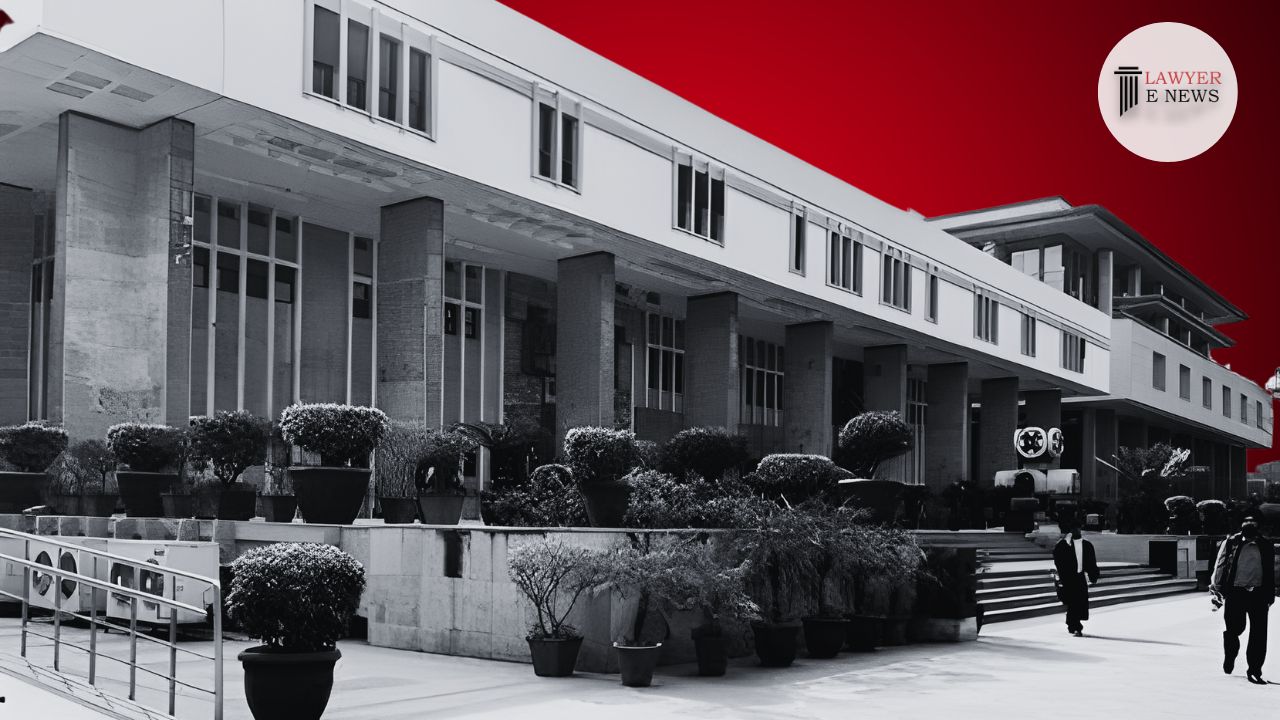-
by Admin
17 February 2026 2:34 PM



In a significant ruling, the Delhi High Court has set aside the Trial Court’s orders which declined to accept the delayed written statement of the petitioner, Jitender Kumar Kushwaha, in a civil suit. The High Court observed, “In non-commercial suits, the time limit for filing the written statement is only directory and not mandatory.”
The petitioner approached the High Court challenging the orders of the Trial Court that refused to take his written statement on record due to a delay in its filing. The core issue revolved around the condonation of delay in filing the written statement and whether such delay could be excused under the provisions of the Limitation Act and the Civil Procedure Code (CPC).
The dispute pertained to a civil suit filed by respondent Albert Joseph regarding a property matter. The petitioner was supposed to file a written statement within the stipulated time, which he failed to do. Subsequently, his application for condonation of delay was dismissed by the Trial Court, leading to the present petition in the High Court.
Judicial Custody of the Petitioner: The petitioner argued that his delay was partly due to his judicial custody, a fact not disclosed at the Trial Court. The High Court observed that if this were known, the Trial Court might have allowed the written statement to be filed through the jail superintendent.
Nature of Time Limits in Non-Commercial Suits: The Court relied on Supreme Court precedents to note that time limits for filing written statements in non-commercial suits are directory and not mandatory, emphasizing the importance of deciding cases on their merits.
Procedural Aspect and Substantial Justice: The Court highlighted that procedural rules should aid in delivering justice and not become hurdles. It stressed the importance of substantial justice over procedural technicalities, considering that the case was in its initial stages and no significant prejudice would be caused to the respondent.
Decision: In view of these observations, the Delhi High Court allowed the petitioner’s written statement to be taken on record, subject to a cost of Rs. 5,000 to be paid to respondent no. 1. The Court thus disposed of the petition, providing relief to the petitioner while ensuring that the respondent was compensated for the delay.
Date of Decision: April 10, 2024
Jitender Kumar Kushwaha vs Albert Joseph & Anr.
